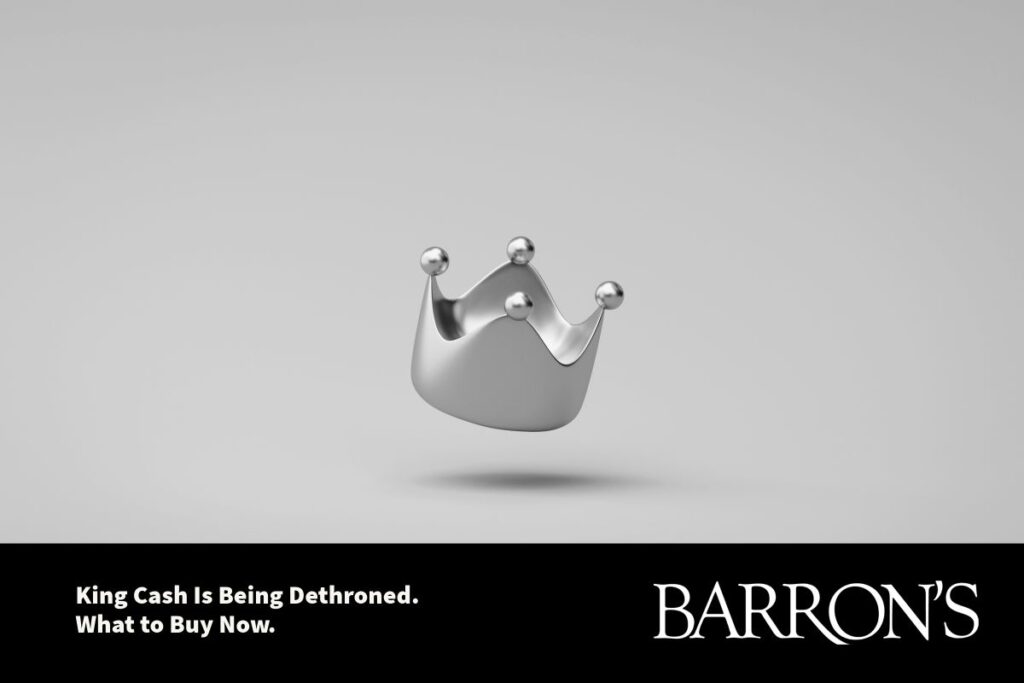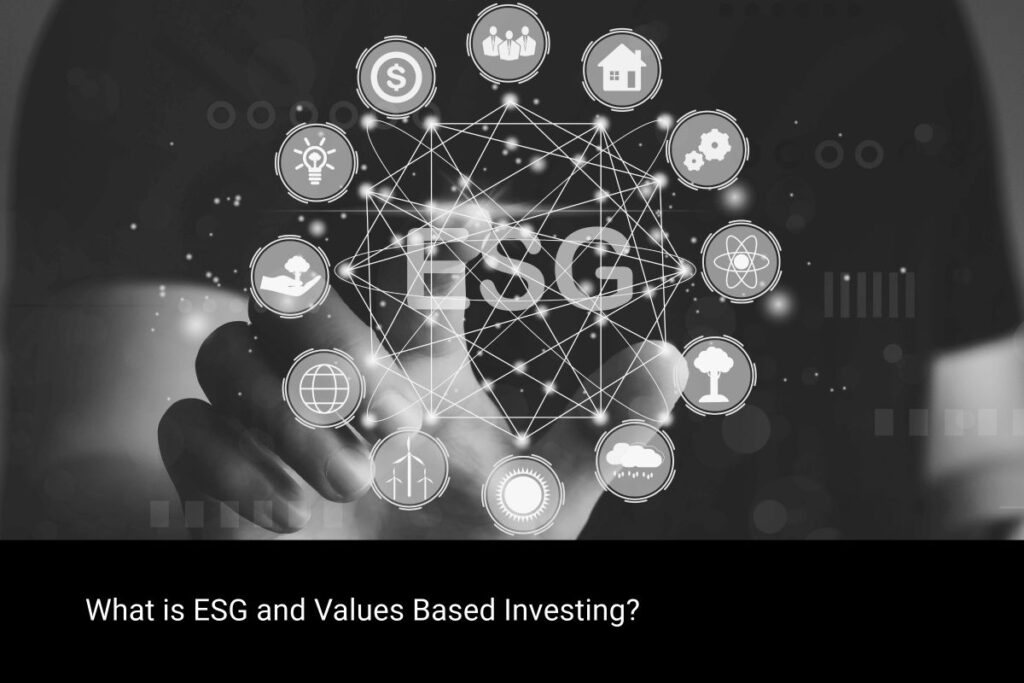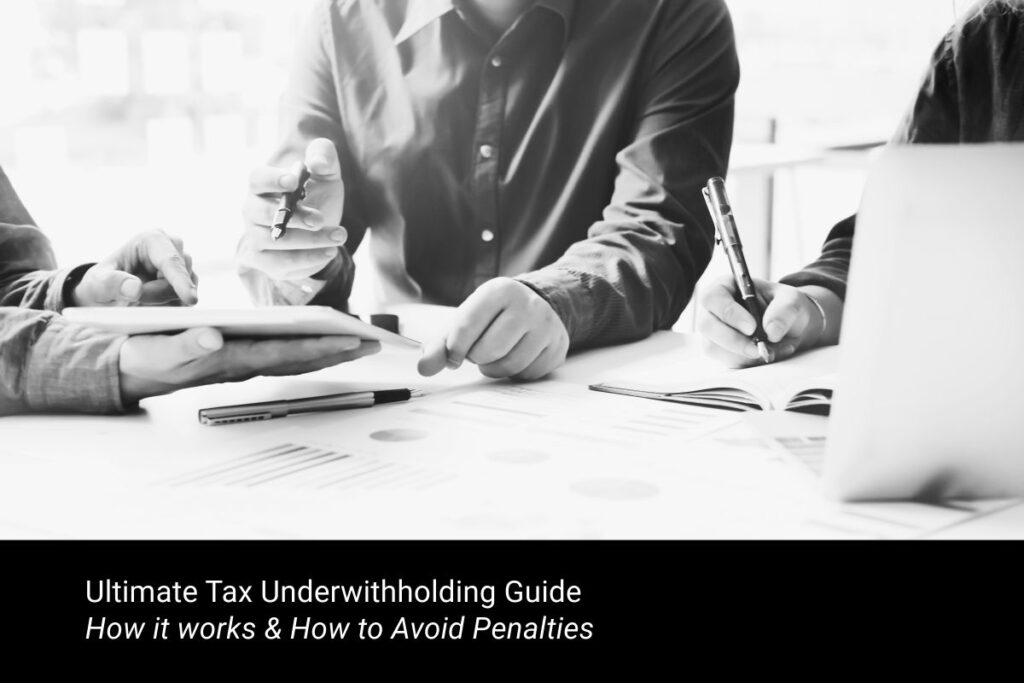One of the most frequent questions in estate planning is, “Should I establish a will or a trust?” The answer to this can be intricate and depends on individual circumstances. However, this article aims to shed light on the critical features of these two common estate planning tools to help you make an informed decision.
Understanding a Will
A will, in its essence, is a legal document that comes into effect after you pass away, outlining the distribution of your estate. The key aspect to note here is ‘after.’ Since it doesn’t come into effect during your lifetime, a probate court enforces it posthumously. The probate process involves a judge interpreting your will, working with your executor, and managing estate distribution. Depending on your state and estate size, probate can be a lengthy, expensive process, open to public scrutiny and potential contestation.
However, wills offer a cost-effective solution for basic estate planning. A well-executed combination of proper asset titling and a will could provide considerable protection, depending on your estate’s assets and your residency state. In some cases, it might make sense to establish just a will, forgoing a revocable living trust.
Deciphering a Living Trust
A revocable living trust, the most common type of trust, is established during your lifetime. It allows you to bypass the probate court process and retain control over asset distribution after your death. When you establish a living trust, three parties are involved:
- The Grantor – The entity or person who creates the trust.
- The Trustee – The entity or person who enforces and administers the trust terms
- The Beneficiary – The entity or person who ultimately benefits from the trust assets.
The grantor and the trustee are often the same person, allowing you to establish the trust and manage it yourself. Upon your demise, a successor trustee, perhaps a trusted family friend or one of your children, steps in to distribute the assets as per your trust’s terms.
From a tax standpoint, a living trust generally doesn’t require a separate tax ID during your life, as you, the grantor, retain the power to revoke it at any time. Therefore, you usually don’t need to worry about having a separate tax return for the trust, which simplifies matters. However, compared to wills, living trusts are more expensive to establish, often costing over $2,000 – $3,000 depending on your estate’s complexity.
RELATED READING

Exploring Other Trusts and Estate Planning Tools
The range of trusts and strategies available for your estate plan may seem overwhelming. Depending on your needs, other types of trusts might help optimize your estate plan, leaving more wealth to your heirs. However, the primary focus of most estate plans is either a will or a revocable living trust, hence their significance in this discussion.
Take the Next Step with MDRN Wealth
At MDRN Wealth, we incorporate estate planning into our comprehensive planning process. Through our partnership with Encore Estate, we offer in-house trust and will services, aiding you in drafting your trust or will-based estate plan. If you believe you could benefit from a comprehensive financial plan inclusive of estate planning, please contact us or schedule a call.
CONTACT US

Important Disclosures
The information provided in this article is general information. It is not intended to be construed as investment, tax, or legal advice. This is not an offer or solicitation to buy, sell, or endorse any company, security, fund, or other investment vehicle. Investing involves risks including possible loss of principal. Past performance is no guarantee of future results and the opinions presented cannot be viewed as an indicator of future performance. Opinions are subject to change without notice











